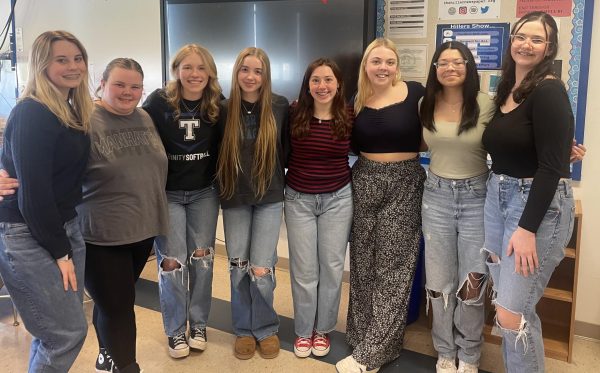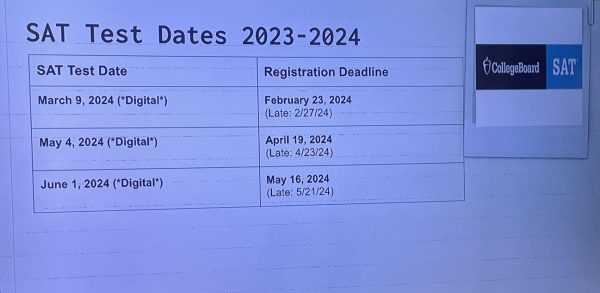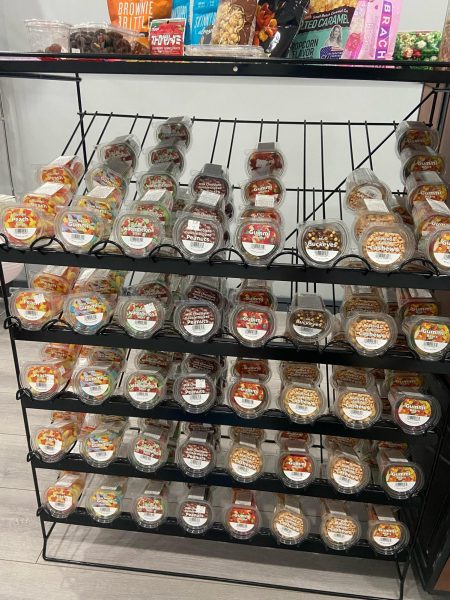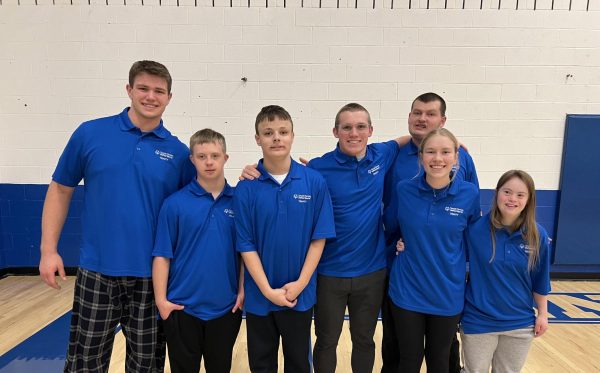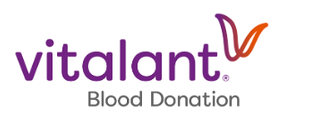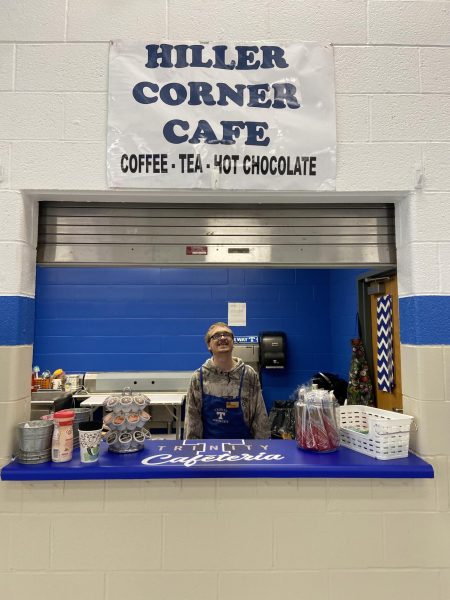Top tips to prepare for PJAS

This photo was accessed via Google Images under the Creative Commons License.
Trinity High School students have been competing in the regional and state PJAS competitions for over 35 years. THS is currently the largest participating school in Region 8!
Since 1932, the Pennsylvania Junior Academy of Science has been promoting investigation and research in scientific fields for middle and high school students across the state. Each year, Trinity High School science students have the opportunity to research, design, carry out and draw conclusions from science projects in a variety of fields before presenting them first at a regional competition, and potentially, at the state convention. Knowing exactly what one should and shouldn’t do when preparing a presentation can be difficult, so the following tips and tricks are designed to make the process easier for any students involved.
Dos
“One of my secrets over the years, especially for the ninth graders who aren’t as familiar with statistics, is that I really push my kids — when at all possible — to use some sort of statistical analysis in their data…For example, I will talk to my students about using the feature in Google sheets about using the error bars. Something really commonly that you’ll see [in student presentations] is an experimental group and a control group with a very slight difference, and the student will try to claim a larger difference of some amount. If students use error bars properly here, then they’ll be able to see there is no difference,” advised Mr. Smith, who has been a teacher advisor for Trinity’s PJAS club for about 35 years.
In addition to incorporating statistical analysis, Physics teacher Mrs. Welsh noted that its important to, “practice your presentation skills by doing your presentation several times before the event.”
Rehearsing one’s presentation helps a student build confidence in their project and familiarity with the material. While this tip is helpful for all potential competitors, it is especially so for first-time presenters. Ample preparation can ease presentation-time anxieties and nervousness.
Along with proper preparation, students should also make sure to employ good presentation strategies.
Junior and PJAS veteran Brett Phillips offered some advice: “You should explain your topic in more detail and always give more information [in the research portion] to help the judges fully understand.”
Don’ts
“Do not make slides with paragraphs of information because it leads to more reading of the slides than presenting. Use bullets and expand your thoughts,” Welsh advised.
Putting too much information on a single slide or cramming info onto a slide in a small font makes it hard for the audience to really get the key takeaways from the presentation. Audiences can either give full attention to the presenter or the slides, not both, so it’s better to use a few bullet points of text and limit reading directly from the slides.
Smith stressed the importance of presenting one’s project like a conversation, not an essay: “Don’t read your presentation without ever looking up [or give] a very monotone presentation. If you’re not interested in your project, how can you expect other people to be?’
Phillips summarized the purpose of PJAS succinctly and left students with a final piece of advice, “Overall, PJAS is meant to be enjoyable and help students prepare for future research projects and public speaking while encouraging them to invest in experimentation and the sciences as well. My last tip is to go in with confidence, but remember that there is no harm in messing up.”
While the deadline for students to register and turn in their money for the regional PJAS competition has passed, need to upload their presentations by January 24. The regional competition is on February 12 at California University of Pennsylvania. Any further questions about the upcoming competition can be directed to either Mrs. Welsh, at nwelsh@trinityhillers.net, or Mr. Smith, at jsmith@trinityhillers.net. Good luck to all students presenting at the regional competition!
Outside of school, you can usually find Emma dancing, solving word puzzles, buried deep inside a book, or dreaming of some new and delicious dessert to...

